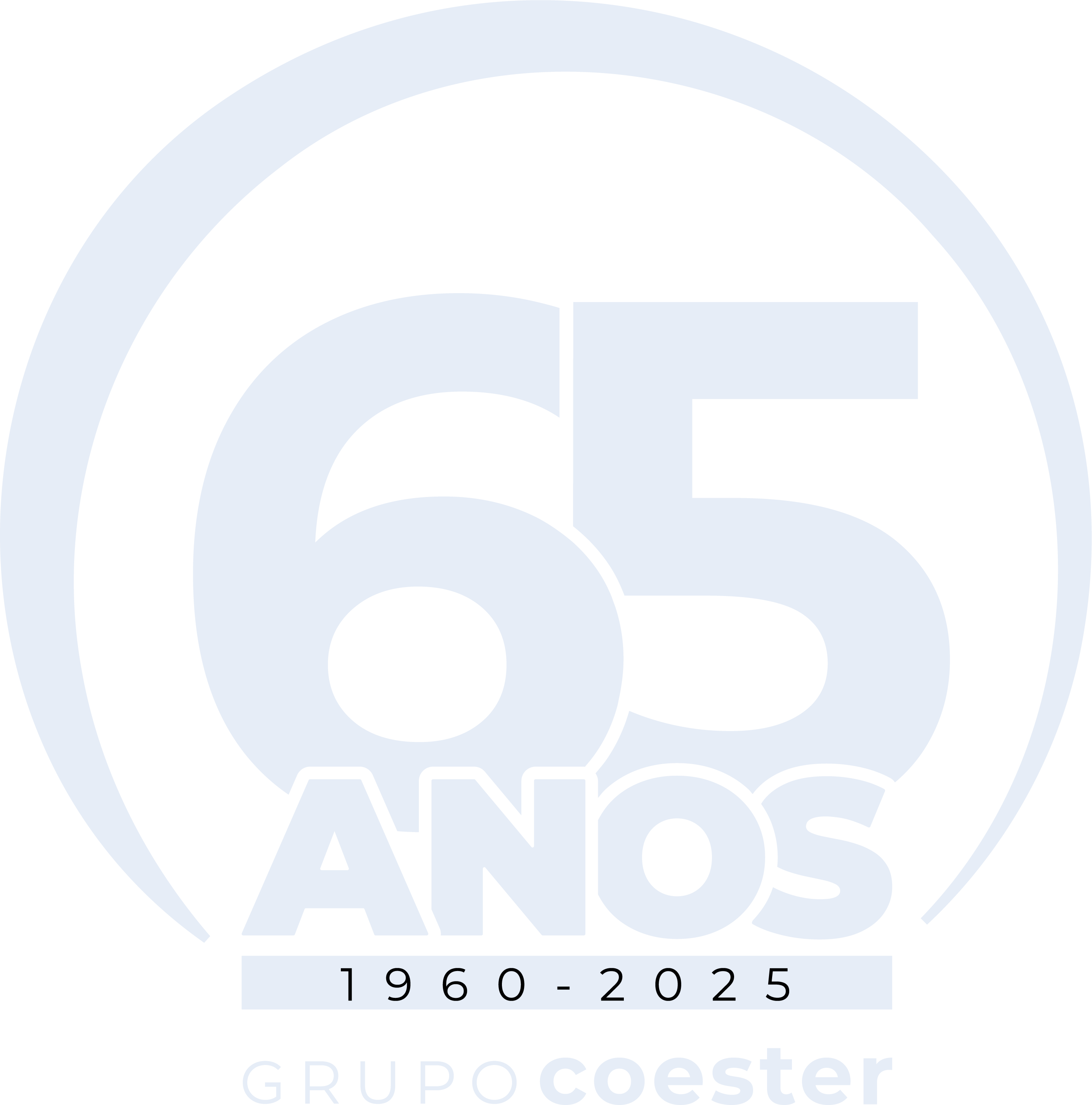In a scenario of increased water demand, natural events that intensify periods of drought, contamination and water scarcity, reuse and its applications are even more prominent on society’s agenda.
In the current global scenario in which the climate agenda, the urban densification and the need for resources from various sources for agri-rural areas and regions, reuse is presented as an instrument for a new water management model.
The main possibilities for water reuse are: Irrigation of parks and gardens, irrigation of crops, drinking water in cities and industrial recycling. For each of these modalities, there are quality requirements and demands established according to the different risks and impacts on users, operators and consumers. On the other hand, the quality of this desired or required water is associated with the available technologies for effluent treatment and its costs.
A study conducted by the Confederação Nacional da Indústria (CNI – Brazilian Industry Confederation), “The Economic Impact of Investments in the Reuse of Treated Effluents for the Industrial Sector” (2018), indicated that less than 1% of the water supply in Brazil comes from the reuse of treated effluents. In Israel, a country that has lived with scarcity throughout its history, 70% of the supply comes from the reuse of effluents. In other words, there are many opportunities for us to create legal conditions and to make people aware of the different daily applications of water reuse.
Although on a very small scale, Brazil already has success stories in implemented projects. Initiatives created by sanitation companies from the state of São Paulo, SABESP, and from the city of Campinas, SANASA, prove just that. Some municipalities, through their sanitation companies and autonomous water and sewage services (SAAEs – Serviços Autônomos de Água e Esgoto) have been reinforcing their intention to implement water reuse for various purposes. In Brazil, there is still no legal basis at the national level, which defines requirements and parameters for the quality of water for reuse.
These main success stories in the water reuse practice are all in the state of São Paulo, where the legal framework is more solid: Projeto Aquapolo (SABESP/BRK Ambiental) and ETE Capivari II (SANASA). The first supplies industries at the Petrochemical Complex in the municipality of Capuava, state of São Paulo, and the second sends the reused water for reserve purposes, which can be used by different customers using a water truck.
These companies that provide water and sewage services have been using disinfected secondary effluents as an alternative for uses such as washing equipment inside the Sewage Treatment Station (ETE – Estação de Tratamento de Esgoto), washing streets after farmers’ markets, street events as well as for in clearing sewer and rainwater galleries.
The landscape of reused water in Brazil reinforces the existing challenges even more if we compare it with indices such as Israel’s. This comparison leads to a reflection on the path to be followed for the effective implementation of an institutionalized water reuse practice encouraged in public policies. Several factors stand in the way for Brazil to advance, such as: Bureaucratic obstacles, lack of regulation – legal aspects, fear regarding the society’s receptivity to it and not knowing the best way to achieve it, low willingness to face new technological and strategic management challenges, lack of technical and political coordination to enable the projects and others.
Challenges are usually linked to new opportunities and economic, social, environmental and technological development.
Reuse water is one of the constant drivers on Coester Group’s agenda on this topic and has been directing qualification and learning actions, enabling the update and development of new products and solutions for its customers/partners.
Although we have a lot to develop regarding water and effluent reuse in Brazil, Coester Group is already a partner of sanitation companies and autonomous water and sewage services, providing and finding solutions for the most diverse projects at various stages.
References: https://aguasdobrasil.org/artigo/reuso/ https://monitormercantil.com.br/brasil-so-utiliza-menos-de-1-de-agua-de-reuso/ https://tratamentodeagua.com.br/unesco-agua-residual-sem-tratamento/ https://reusodeagua.org/





